Reserve seeking new volunteers
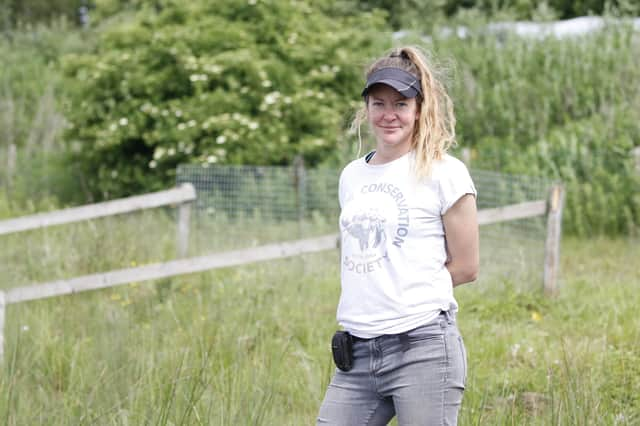

Established almost 25-years ago by local nature enthusiast, Simon Warwick, the former gravel quarry near Ripon is nationally recognised for its unique conservation work.
Volunteers at the charity are breaking new ground by growing plants from seed that were once commonly found in the wetlands in the Ure Valley, but have become very rare and, in some cases, extinct.
Advertisement
Hide AdAdvertisement
Hide AdEmma Higgs, Project Officer at the Lower Ure Conservation Trust, said: “It’s a really exciting reserve to get involved with, and it’s incredibly valuable work restoring habitats to help safeguard at-risk wildlife.”
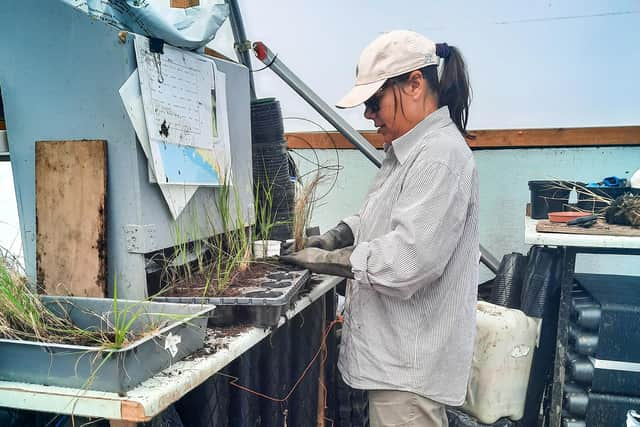

The 250-acre reserve, home to over 150 species of birds, is run by the charity, Lower Ure Conservation Trust, which is dedicated to the restoration of wildlife-rich habitats in the former quarry.
Emma said: “Volunteers are very much the custodians of this special place, and it’s never been so crucial to protect this habitat. Our belief is if you visit, you’ll fall in love with it and want to protect it.”
An open day for volunteers will take place on Saturday June 19 at the reserve for anyone who wants to try their hand, or find out more, about volunteering.
Advertisement
Hide AdAdvertisement
Hide AdThe charity currently has 12 dedicated volunteers who help out on Tuesdays and Fridays. The new Community Work Party Days will take place on Saturdays to attract volunteers unable to take time out of the working week.
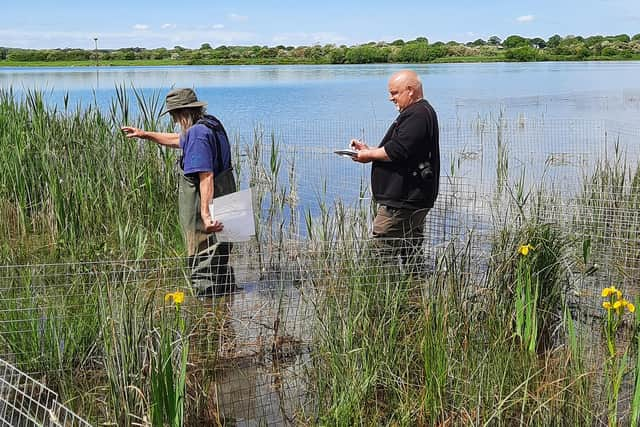

Tasks are suitable for people of all abilities, from potting plants to more physical infrastructure work.
The team is currently building a sheltered workplace for volunteers to use in the winter months, alongside a welfare unit – a place for volunteers to put the kettle on, with a drying room and toilet facilities.
Training is also offered for those seeking to build their skills, from using diggers to training in first aid skills.
Advertisement
Hide AdAdvertisement
Hide AdThe reserve also offers day-trips to other nature sites with ecologist, Martin Hammond, to explore good practice, alongside volunteer exchanges with other sites.
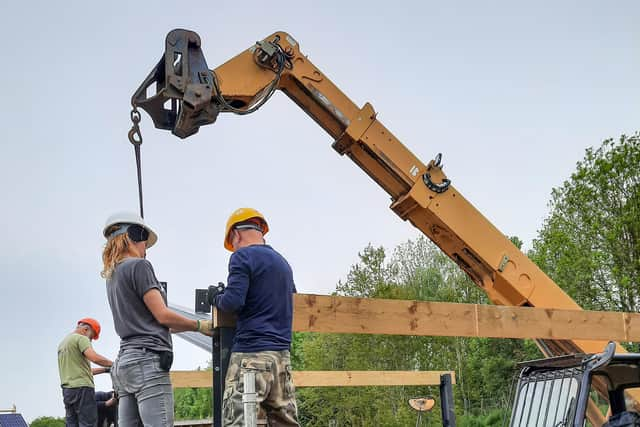

For budding conservationists, it offers valuable experience.
Newly recruited are two paid internship roles for candidates seeking to start a career in conservation, thanks to receiving £132,000 from the government’s Green Recovery Challenge Fund. Over 50 people applied from all over the country. The two interns are moving from Essex and Oxford.
The grant was also used to appoint Emma Higgs on a one-year contract.
Advertisement
Hide AdAdvertisement
Hide AdEmma’s own life was literally transformed by volunteering. After studying Fine Art, she worked as a studio manager in London for five years.
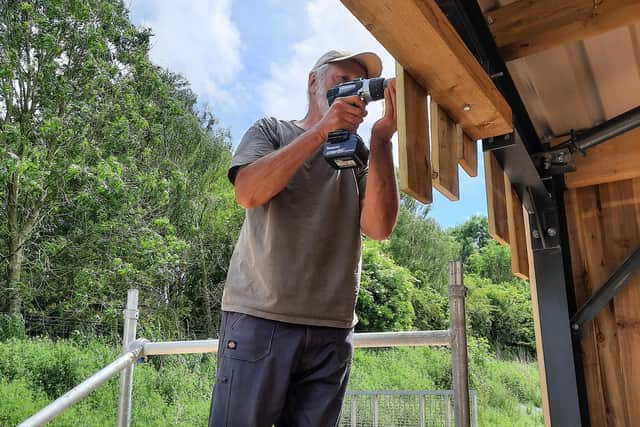

Emma said: “The job in London was really stressful, so as a calming mechanism I used to volunteer at the weekends at a local nature reserve in Greenwich. It was just enough greenery, just enough wildlife to escape, even for a few hours a week.”
The volunteering turned into a career. After saving up enough to quit her job, she gained experience in a six-month residential volunteer role with the RSPB in the Cairngorms in Scotland, which led to an Assistant Warden job with the RSPB, before moving to Nosterfield.
Not only did volunteering transform her career, Emma also found love while working as an intern at RSPB St Aidan’s near Leeds, where her partner is a warden.
Advertisement
Hide AdAdvertisement
Hide Ad“I’m a pretty good advertisement for the benefits of volunteering!
“Volunteering in nature is the perfect antidote to the last year. It’s a chance to meet like-minded friends, to get outdoors, and to reboot mentally and feel good about helping the planet.”
The reserve features purpose-built hides for the public to watch wildlife at close quarters, connected by an accessible walkway.
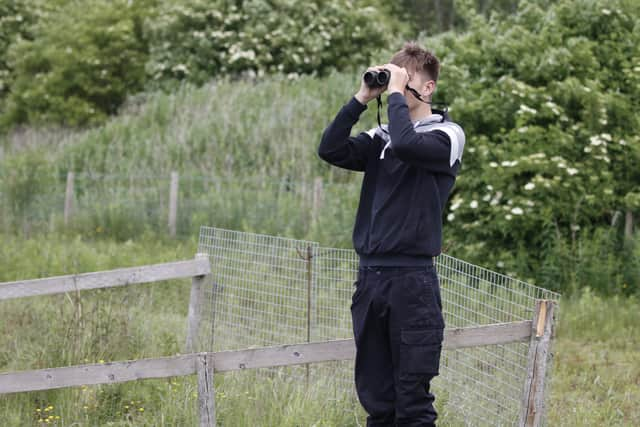

More than 90 per cent of wetland habitats in the region have been lost. Reports show rapid declines of species across the UK. Curlew is considered under global threat, and lapwing are estimated to have suffered a national decline of 80 per cent in the past 50 years.